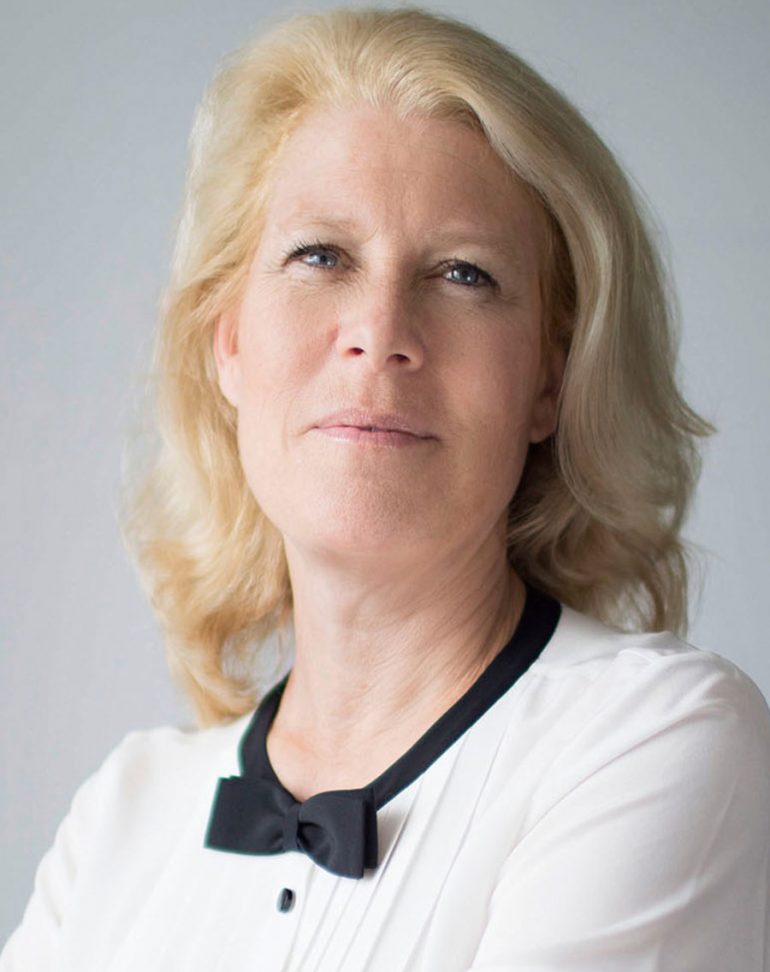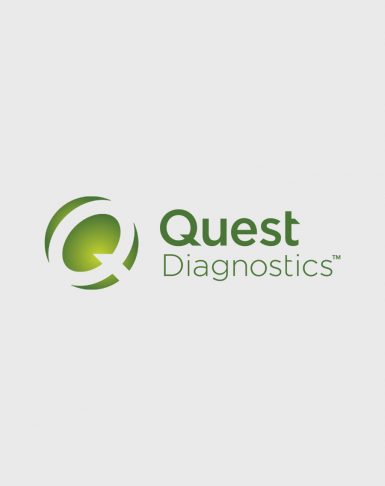Behind every brand delivering a great experience is a leader who recognizes the value of keeping things simple. In Simplifiers, Margaret Molloy, our Global CMO, interviews business leaders who put simplicity to work.
In this Simplifiers interview, Margaret speaks with Linda Boff, CMO, GE.
MM: What does GE stand for and how does it deliver on that promise every day?
LB: For 125 years, GE has stood for making the world better and more productive through technologies in health, energy, and transportation. We’re always iterating, looking for what the world needs, and solving for those problems.
We go to market as a single brand with an overarching purpose. We have a culture that is, above all, defining. It’s something that we all adhere to. People come to work at GE because they want to have an impact. Our culture permeates the organization.
MM: What role does simplicity play in delivering on that promise?
LB: A good example is how we’ve simplified the GE portfolio. 15 years ago, a large percentage of the company was financial services, we owned NBC and we had a separate consumer and client business. Today, we are a digital industrial company that focuses on three industries: energy, transportation, and healthcare.
As the portfolio of GE has gotten simpler and the focus of the company clearer, the outcomes we drive for our customers have become more streamlined because we’re focused on industries where we excel and that we know like the back of our hand.
MM: What benefits has GE experienced from simplifying?
LB: A few years ago, we introduced a concept at GE called FastWorks, which borrows from Silicon Valley. We looked for a method that allowed us to remove layers of bureaucracy, fail fast, pivot and assess projects. What we’ve learned has helped us to drive complexity out and bring simplicity into the way we operate at GE.
Other simplification initiatives that we’ve benefitted from include: we got rid of annual performance reviews, we stopped tracking people’s vacation days, we developed an app where we give people real-time feedback, all the time.
Additionally, we used to do annual company-wide opinions surveys, which were comprehensive but cumbersome to administer. Now we do multiple polls that are both frequent and informal, and allow us to quickly get a pulse.
The tangible benefits of all of these programs, aimed at increasing simplicity, are that we’ve seen increased transparency, directness and more accountability.
MM: How do you strive to keep things simple for your marketing team?
LB: First, across marketing we’ve come up with a simple growth loop, consisting of three stages. The first is demand creation: How, as marketers, are we creating new opportunities? The second is shaping opportunities: What are our value propositions? How are we getting our brand and message out? What are we doing to connect with our customers? And the third is demand capture: How are we making sure that, after creating demand and having a value proposition, we are using modern methods of capturing that demand.
Second, we create terrific assets, and then determine how we can use them in different contexts across GE. Everything can’t be top down—we want some of our content to be locally infused. But when we can, we look for big stories that can resonate across the company and then work to localize. For example, we localized a television campaign around the fictional developer, named Owen. After noting its success in North America, we recast in France and China.
MM: How do you lead as a simplifier?
LB: When managing people, I’ve learned that we must constantly repeat the company’s mission to ensure employees understand where they contribute to moving the needle on the company’s overarching goals.
As a marketer, leading as a simplifier involves a combination of determining what aligns with the mission of GE, as well as determining what’s going to reinforce our position as a digital industrial company. That means marketing in a way that’s modern—using the tools of today, not relying on what’s worked before, and simplifying customer experience. Our customers are living in a world where brand experience and simplicity matters. Making it easy for our customers to interact with us, buy from us and be serviced by us is of paramount importance.
MM: What’s a recent simple customer experience you’ve had as a consumer?
LB: The Dunkin’ Donuts experience is excellent. I use the app while on the go to order in advance, and when I arrive, my food is ready. It saves me time, effort, and gives me points.
MM: What’s the top piece of advice you’d give to other brands trying to simplify?
LB: I’ve found having freedom within a framework to be incredibly useful. Having a framework is important to maintain consistency. But you also need to have the freedom to tailor the brand to individual markets.
MM: Are there indicators that simplicity is helping to drive your business?
LB: Part of the health of a brand is being able to be understood easily. If your brand makes potato chips, it’s simple. But if you have a brand like GE that spans varied businesses and products, it can be tougher. An important area is our ability to recruit top talent. We often check to see how our brand reputation is faring globally. Are we the kind of company that people want to work for? Do people consider us innovative and technologically forward?
MM: What does simplicity mean to you?
LB: A simple company puts the customer at the center and thinks about how its offerings map to its customer and its market. A simple company has a purpose and values that are clear, and translate to what they do seamlessly.
MM: Thank you, Linda.
This is this an ongoing Simplifiers series. See interviews with McLaren Automotive Head of Brand Marketing, Stephen Lambert; Ascension Chief Marketing and Communications Officer, Nick Ragone; Hertz CMO, Matt Jauchius; Direct Line Group Marketing Director, Mark Evans; McDonald’s CMO, Deborah Wahl; Jet.com President, Liza Landsman and VP Marketing, Sumaiya Balbale; Target CMO, Jeff Jones; Spotify CMO, Seth Farbman; Ally Financial CMO, Andrea Riley; Gannett CMO, Andy Yost; CVS Health CMO, Norman De Greve; Dunkin’ Brands CMO, John Costello; Zappos CEO, Tony Hsieh; Southwest Airlines CMO, Kevin Krone; and Google CMO, Lorraine Twohill.
Know a simplifier or would like to be included in the series? Please recommend an executive for my next interview: [email protected]
Margaret Molloy is Global CMO and head of business development at Siegel+Gale. Follow her on Twitter: @MargaretMolloy and Instagram:@MargaretMMolloy


